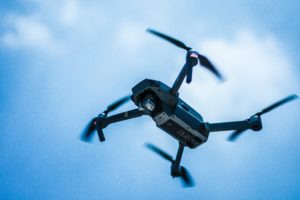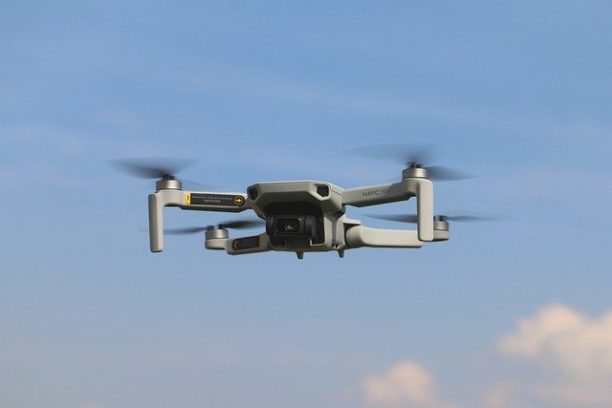
Coronavirus and Drones
Drones are taking a significant role in crisis response. As communities around the world remain in social lockdown that includes social distancing, drones become more and more attractive as a means of maintaining usual activities. Medical supply delivery, disinfection of large areas, and social distance monitoring are all currently been given added emphasis due the the virus. Demand for global air cargo that far exceeds freighter capacity provides opportunities for cargo drones.
People want disruptive technology to solve supply chain problems that the COVID-19 crisis has made apparent: now may be the time for drones and other disruptors to take the main stage in the aerospace industry.
Disruptive Technologies are a Competitive Edge
The study is based a survey of 325 senior executives in teh European aerospace industry. In the survey, 62% of those surveyed said that disruptive technologies are making their companies more competitive. The majority, 52%, believe that they will see autonomous and electric aircraft in the skies within the next several years. These responses demonstrate that sentiment is changing rapidly: studies as recent as January of this year put the number of people interested in getting drone deliveries at about one third.
The executives felt that disruptive technologies not only made their companies more competitive, but were an inevitable outcome of current trends towards autonomous aircraft and on-demand mobility. “Six in 10 (58 %) say that autonomous aircraft and on-demand flights are the future of commercial aerospace, while another 58 % believe that commercial electric short-haul flights will become available in a few years’ time,” the authors state.
CEO DroneLife.com, DroneRacingLife.com, and CMO of Jobfordrones.com. Principle at Spalding Barker Strategies. Has enjoyed working with and around the commercial drone industry for the last 10 years. Attendance and speaker at Industry Events such as Commercial UAV, InterGeo, Interdrone and others. Proud father of two. Enjoys karate, Sherlock Holmes, and interesting things. Subscribe to all things drone at DroneLife here. Email is Harry@dronelife.com. Make Sure that you WhiteList us in your email to make sure you get our Newsletter. Editor1@dronelife.com.
